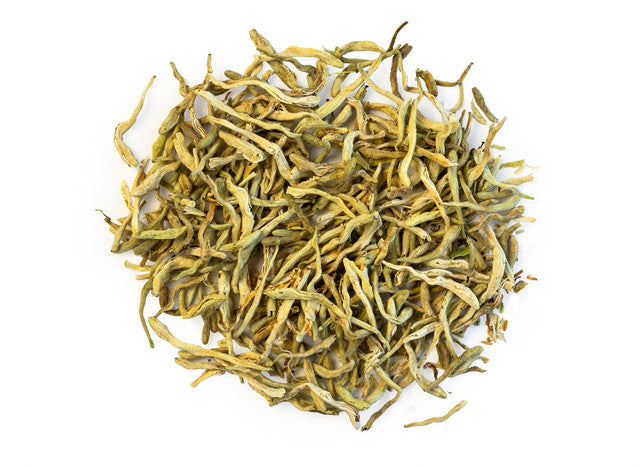
Healing Herbals
Honeysuckle Flowers
Honeysuckle Flowers
Couldn't load pickup availability
Organic Dried Honeysuckle Flowers
Our Honeysuckle Flowers are slow-dried at the peak of bloom to retain their natural aroma and subtle floral sweetness. Over centuries, these flowers have been used in Chinese and Japanese herbal practices and remain a favorite for tea.
Key Features
- Harvested and dried during their best stage of bloom
- Contains naturally occurring plant constituents such as flavonoids and saponins
- Delicate, floral flavor with no caffeine content
- Perfect for use in teas, syrups, tinctures, or for topical application
How to Make
- Place 1–2 teaspoons of dried flowers in a cup.
- Add 8 oz of hot water.
- Steep 5–10 minutes and strain.
- Take plain or with honey, mint, or chamomile.
Relatively safe for most adults. If pregnant, nursing, or on medication, consult a health practitioner prior to repeated use.
FDA Disclaimer
These statements have not been evaluated by the Food and Drug Administration. This product is not intended to diagnose, treat, cure, or prevent any disease.
Share


Here at Healing Herbals Store
We carefully select suppliers who share our commitment to environmental stewardship and minimize waste through eco-conscious or reused packaging whenever possible. We prioritize supporting fair labor practices and are currently investing in regenerative farming methods, so every product reflects our dedication to both quality and the health of our planet. Shop now!

